Publications
Articles, publications, books, tools and multimedia features from the U.S. Institute of Peace provide the latest news, analysis, research findings, practitioner guides and reports, all related to the conflict zones and issues that are at the center of the Institute’s work to prevent and reduce violent conflict.
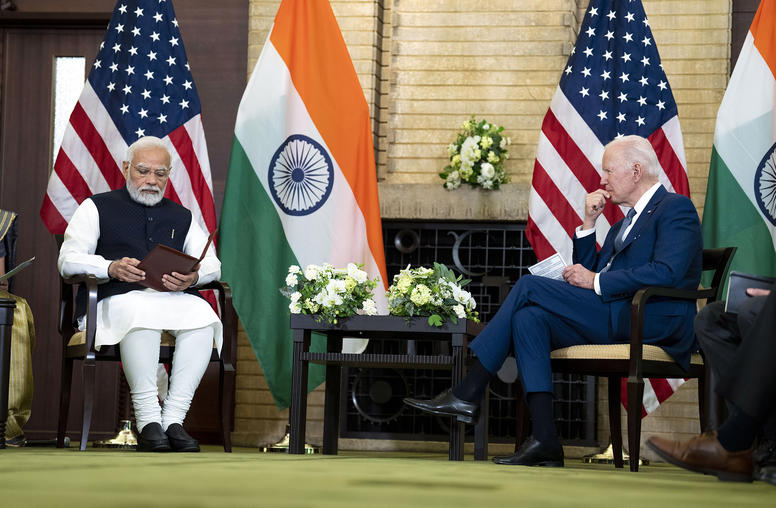
Modi’s Trip to Washington Marks New Heights in U.S.-India Ties
Against the backdrop of tightening U.S.-India ties, Indian Prime Minister Narendra Modi heads to Washington this week for an official state visit — only the third President Joe Biden has hosted since taking office. The bilateral relationship has soared to new heights in recent years, particularly on economic, technological and defense issues. Underpinning these developments is both sides’ desire to counter China’s effort to project power and influence across the Indo-Pacific region. While Washington and New Delhi have their disagreements on issues like Russia’s war on Ukraine and human rights, they see the relationship as too strategically vital to be jeopardized by these differences.
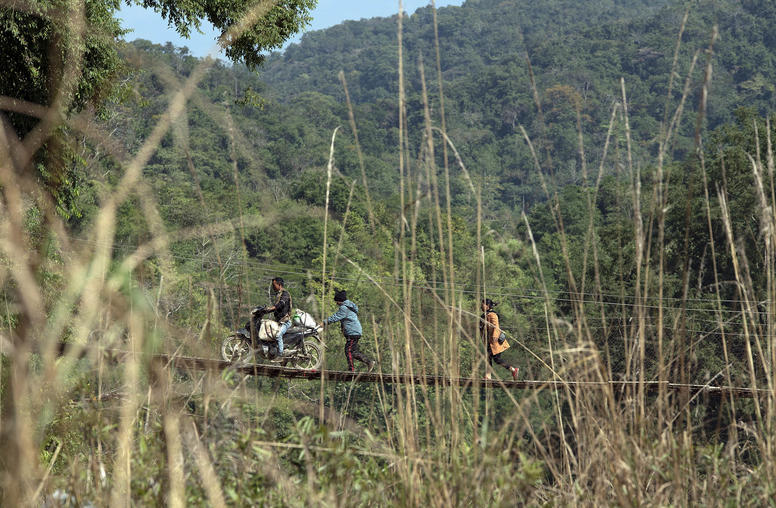
Time is Running Out for India’s Balancing Act on the Myanmar Border
India has had a simmering crisis on its northeastern border since the Myanmar military’s February 2021 coup d’état. Over 50,000 civilians have fled across the border from Myanmar’s Chin State and Sagaing Region into India’s northeast. New Delhi has maintained a delicate balancing act, allowing refugees into the country but refraining from political pressure on the junta and its State Administrative Council (SAC). However, as the situation in Myanmar continues to worsen, India will need to rethink its position before the fallout seriously threatens its interests.
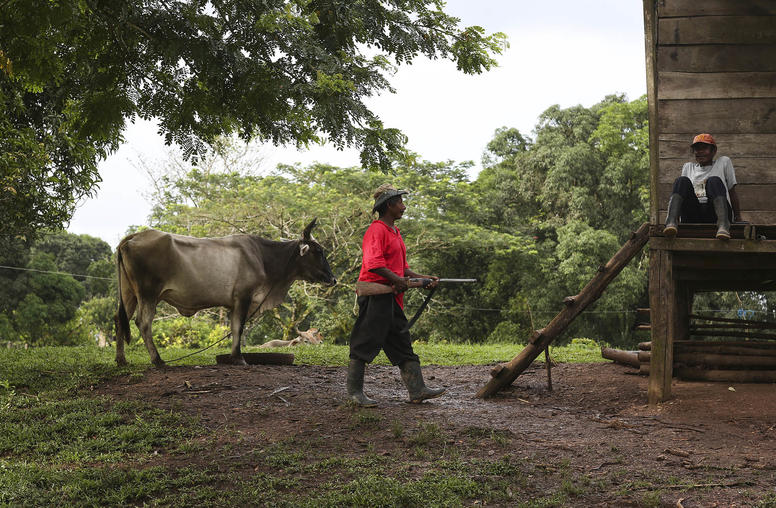
Earth’s best defenders are Indigenous. They pay a price: violence.
Little noted by the world, warfare in India’s northeastern state of Manipur this spring has killed hundreds of Indigenous people and uprooted more than 35,000 residents. This violence along the India-Myanmar border fits a global pattern, also little noted: For decades, some 80 percent of human conflicts have smoldered in the “biodiversity hotspots” where our planet’s flora and fauna are most threatened by battles for resources and wealth — and where Indigenous peoples suffer the violence while protecting humanity’s common ecological heritage. We should strengthen the world’s inadequate public attention and policies on this crisis, and 2023 offers a chance to do so.
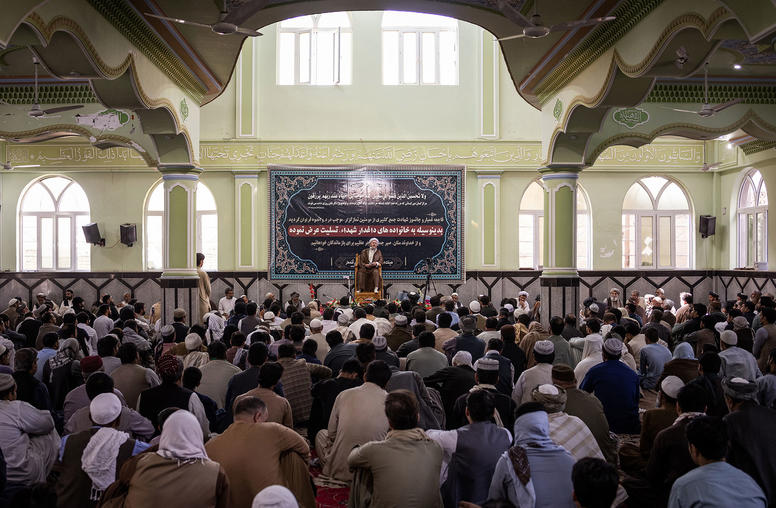
The Growing Threat of the Islamic State in Afghanistan and South Asia
When the Taliban took control of Afghanistan in 2021, counterterrorism experts were alarmed at the possible resurgence of Islamist terrorist groups within the country. This Special Report lays out why those concerns, particularly about the regional Islamic State affiliate known as Islamic State Khorasan Province (ISKP), were well-founded. The report discusses the likely trajectory of ISKP’s activities in South Asia and recommends measures to minimize potential threats to the West and build regional resilience to extremism.
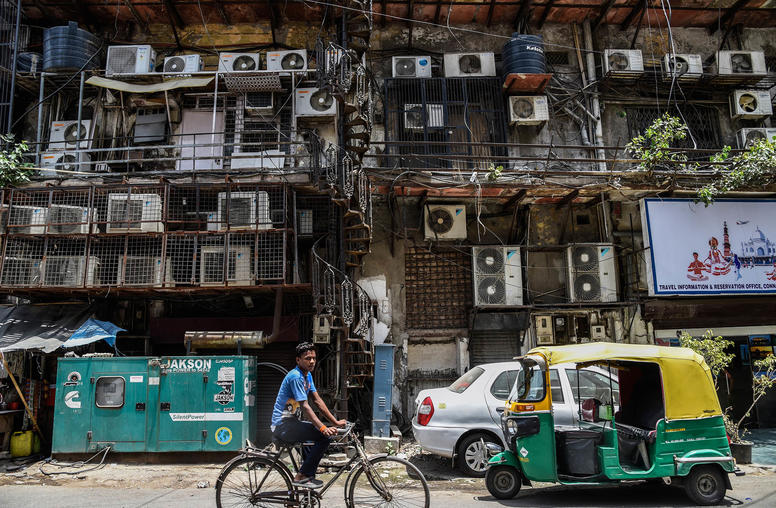
How Heat Waves Are Destabilizing Asia
Unprecedented heat waves continue to ravage Asia this year. Temperatures have climbed to highs of 45 degrees Celsius in Myanmar, 44.5 degrees Celsius in India and 41.9 degrees Celsius in China, with Thailand and Laos breaking all-time high records.
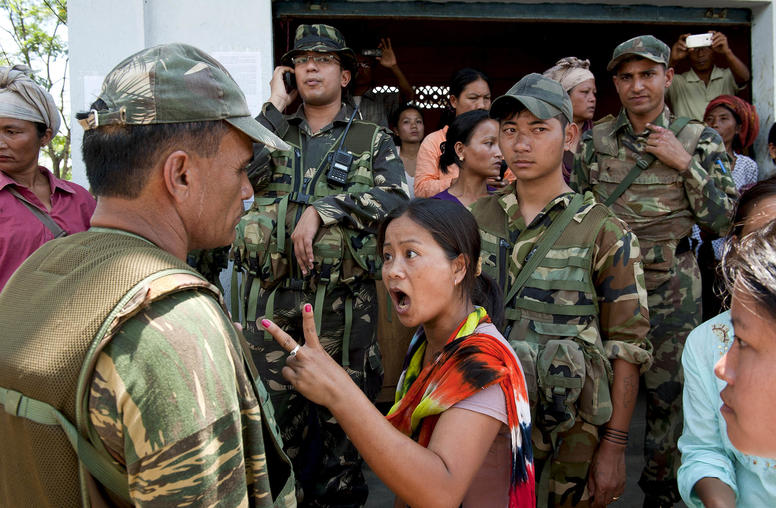
Understanding India’s Manipur Conflict and Its Geopolitical Implications
Since May 3, the northeastern Indian state of Manipur has witnessed repeated inter-ethnic clashes primarily between two local ethnic communities, the Meitei and Kuki. The violence has resulted in over 75 deaths and the burning of at least 1,700 buildings (including homes and religious sites). More than 35,000 people are currently displaced as well, with many now living in one of the 315 relief camps in the state. As the fighting continues, these numbers may also be rising.
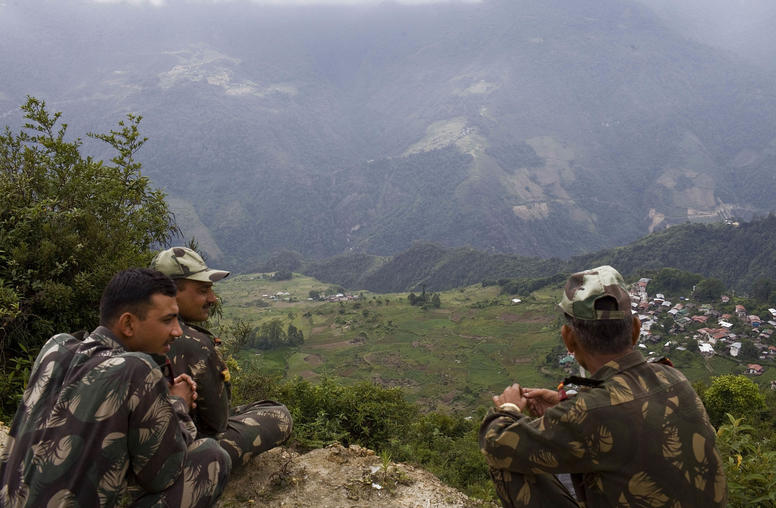
Why We Should All Worry About the China-India Border Dispute
The December 2022 clash between Chinese and Indian troops along the two countries’ 2,100-mile-long contested border — known as the Line of Actual Control (LAC) — highlights a worrying “one step forward, two steps back” trend. This brawl was the worst since 2020, when fighting in the Galwan Valley took the lives of 20 Indian and at least four Chinese soldiers. Although these clashes are often followed by dialogue and other steps to reduce tensions, both sides have increasingly militarized their border policies and shown no indication of backing down. And the situation on the border remains tense, as Beijing and New Delhi are hardening their positions on either side of the LAC, with the potential for escalation between the two nuclear-armed powers.
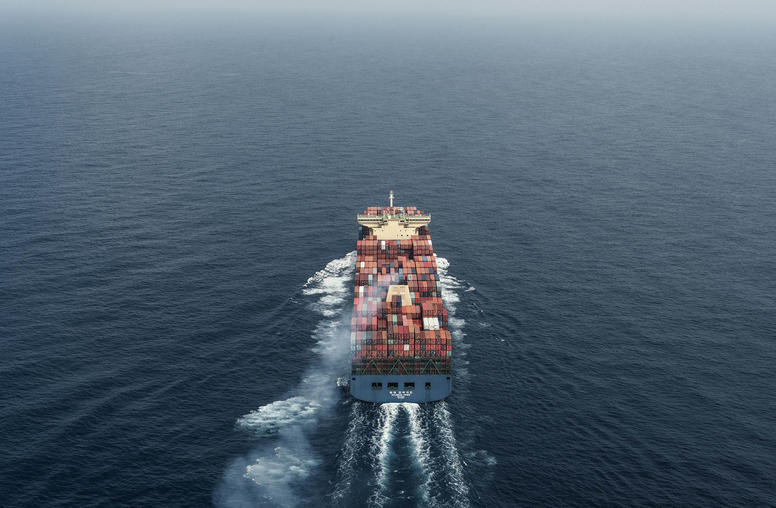
Why the U.S. Wants to Step Up Engagement in the Indian Ocean
Earlier this month, Deputy Assistant Secretary of State Afreen Akhter led a U.S. delegation to the sixth Indian Ocean Conference. Since its inception in 2016, the Indian Ocean Conference has become a prominent gathering for regional stakeholders to discuss collective issues — from trade and economic cooperation to security considerations. This year’s proceedings in Dhaka, Bangladesh, featured representatives from 25 countries amid a backdrop of geopolitical concerns that have thrust the Indian Ocean into a prominent role in global affairs.
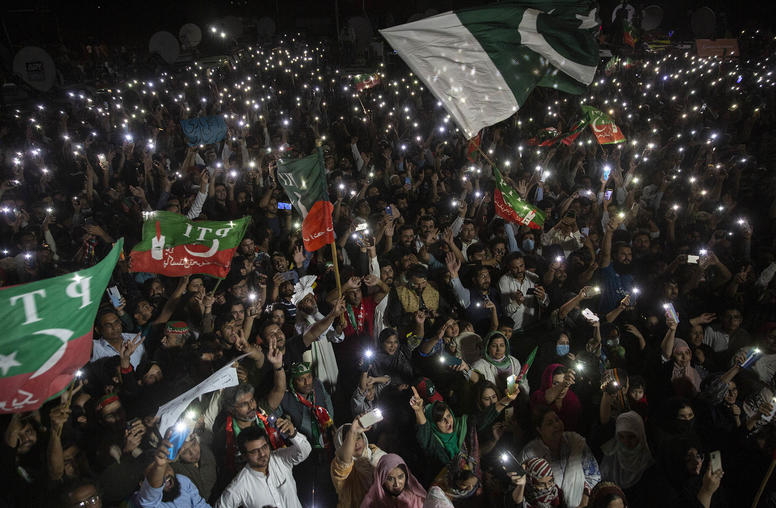
In Pakistan’s Crisis, Judicial, Military Roles Will Be Vital
Pakistan’s eruption into new political crisis this week elevates the risks — in South Asia and beyond — of instability in a nuclear-armed state that is also the world’s fifth most populous. The authorities’ arrest of former Prime Minister Imran Khan triggered a confrontation between his many supporters and Pakistan’s politically powerful military, which many Pakistanis say precipitated Khan’s detention. As U.S. policymakers monitor this still-unfolding crisis, a first useful step may be to carefully press Pakistani leaders to avoid any unlawful repression or military intervention.
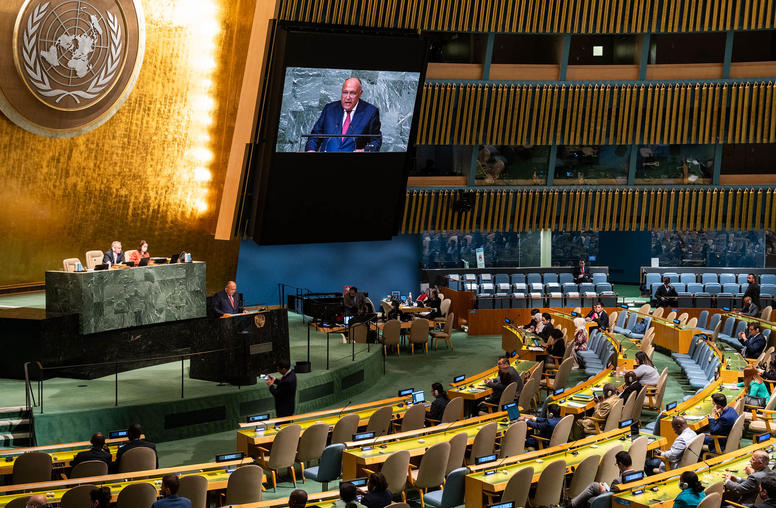
The New Nonaligned Movement Is Having a Moment
Russia’s invasion of Ukraine has accentuated emerging geopolitical trends that have coincided with the rise and intensification of great power competition. The re-emergence of the nonaligned movement (NAM) as a geopolitical force is perhaps the most salient example. Indeed, this month’s edition of Foreign Affairs — a reliable barometer of key trends in international affairs — is dedicated to the “nonaligned world.” By definition, NAM states do not want to be forced to choose sides between the United States and/or Russia and China. But as we move into a multipolar era of accelerating great power competition, these states will find themselves caught between major powers.